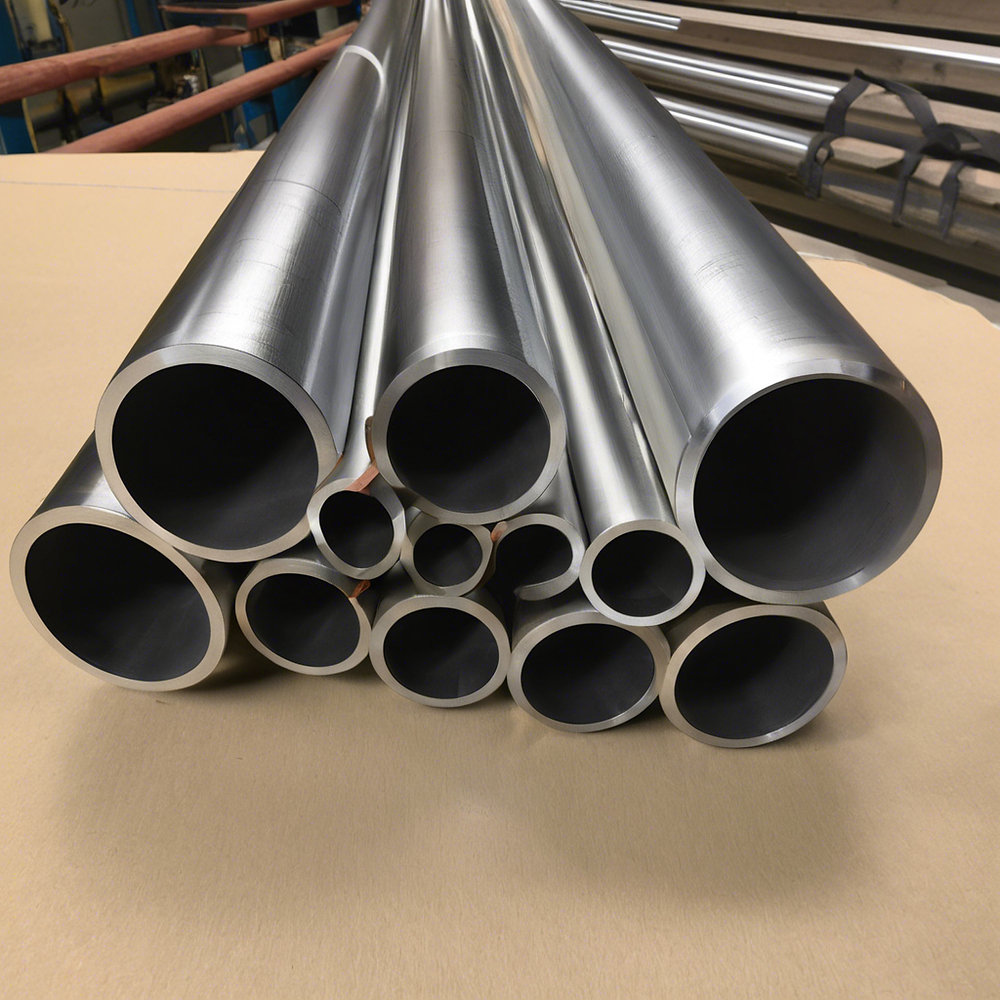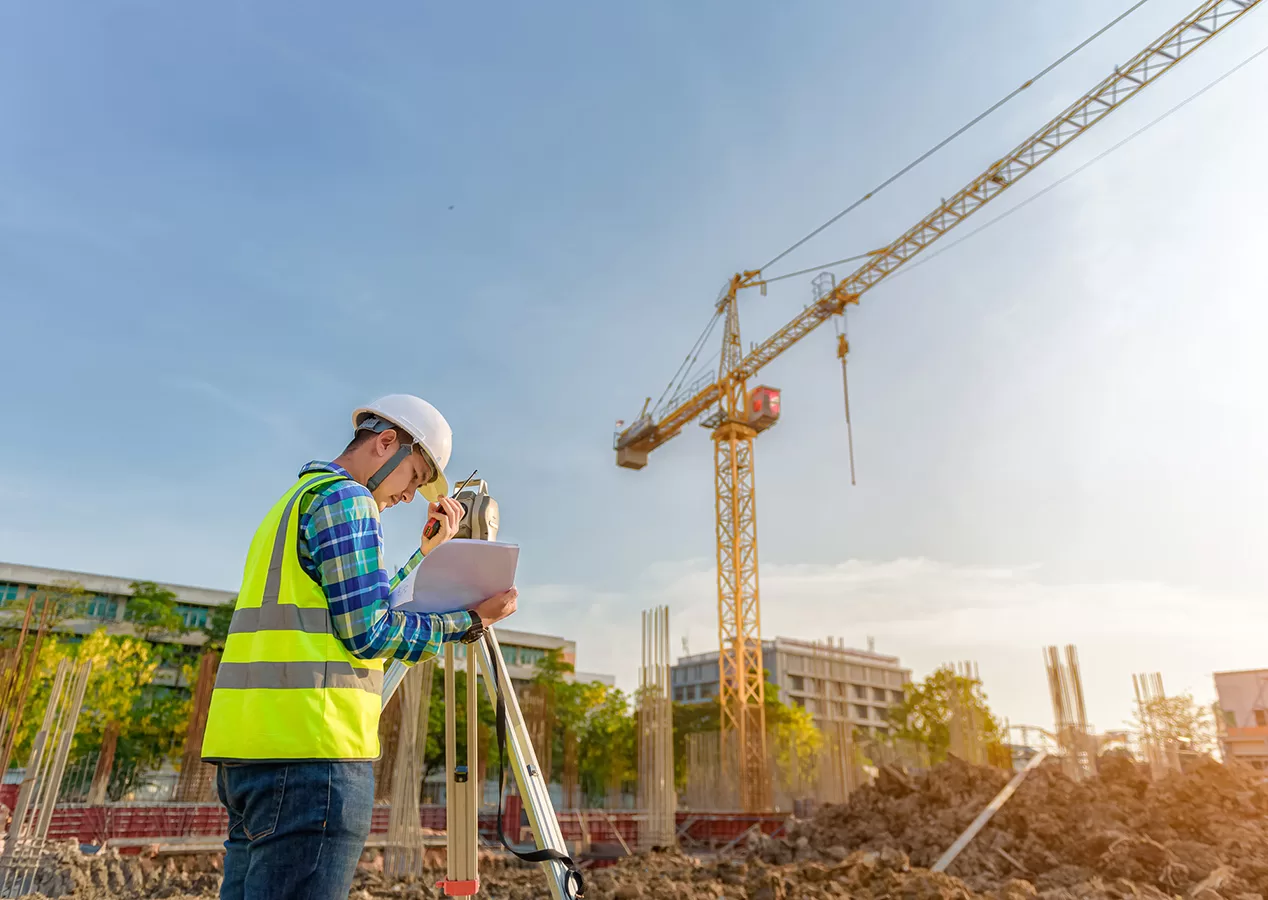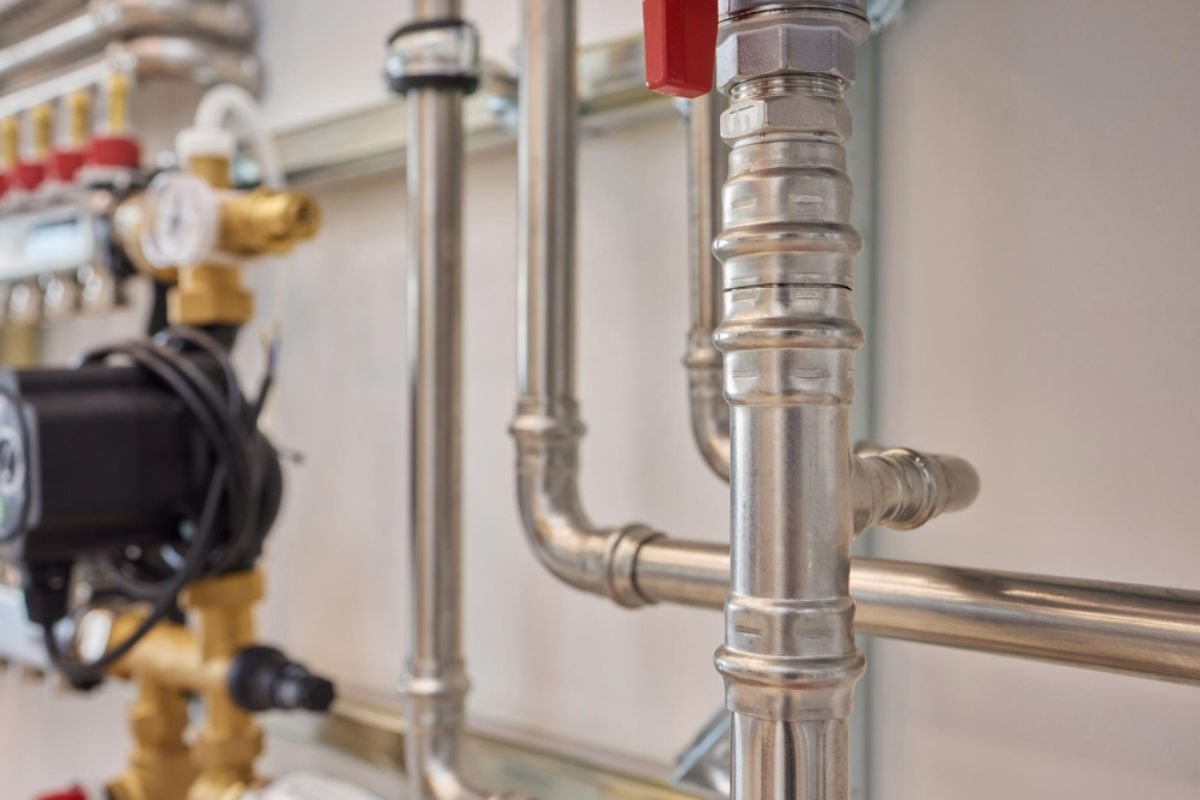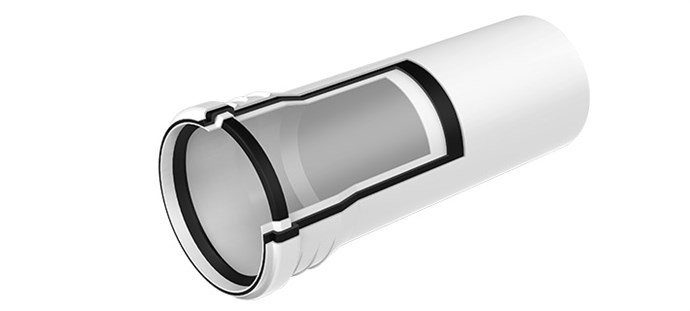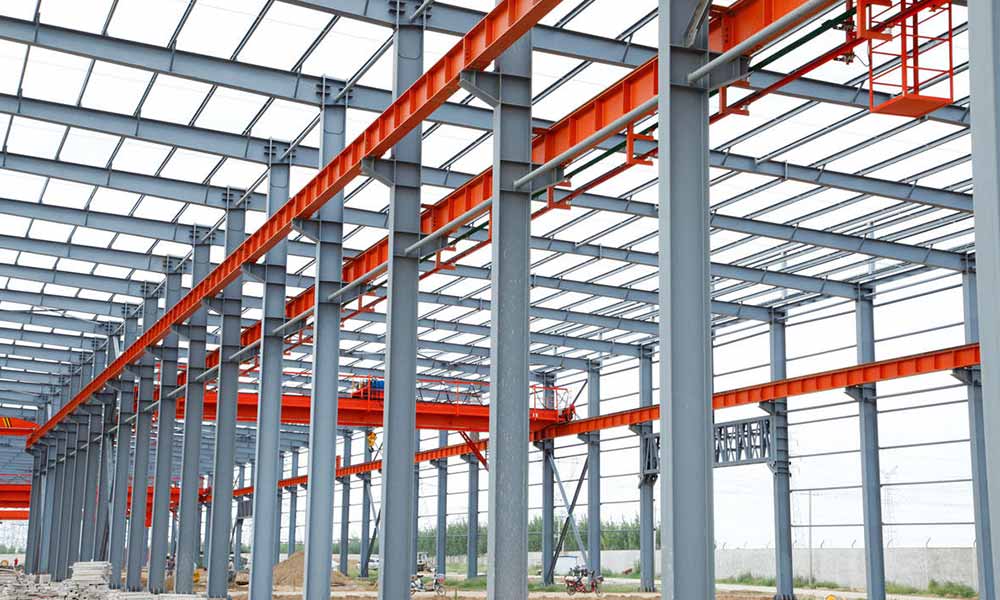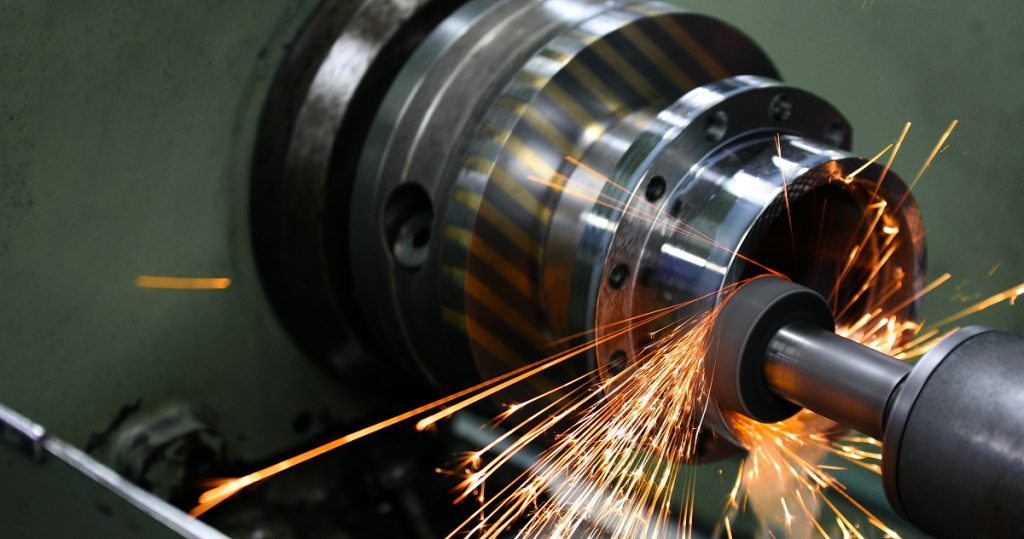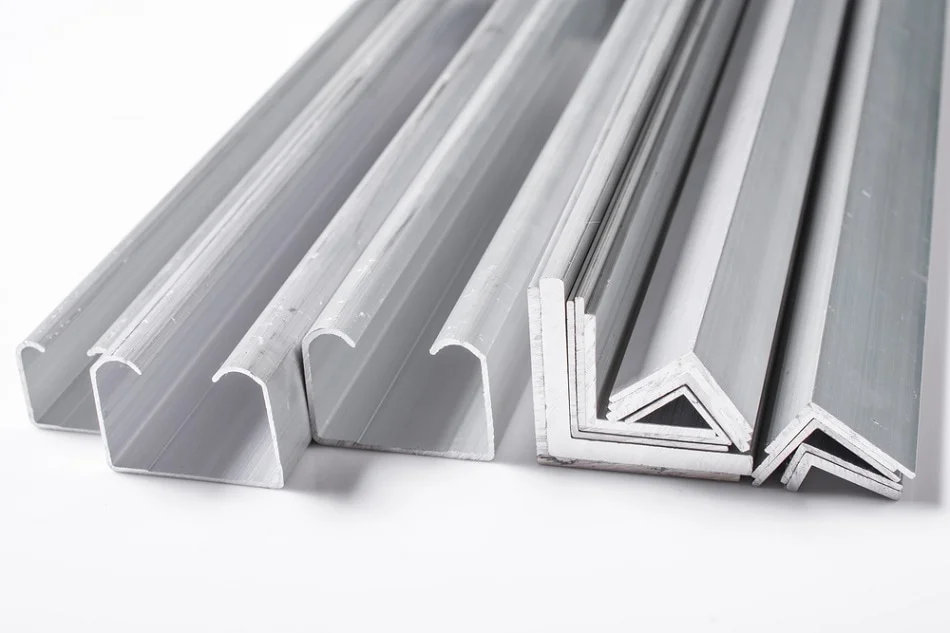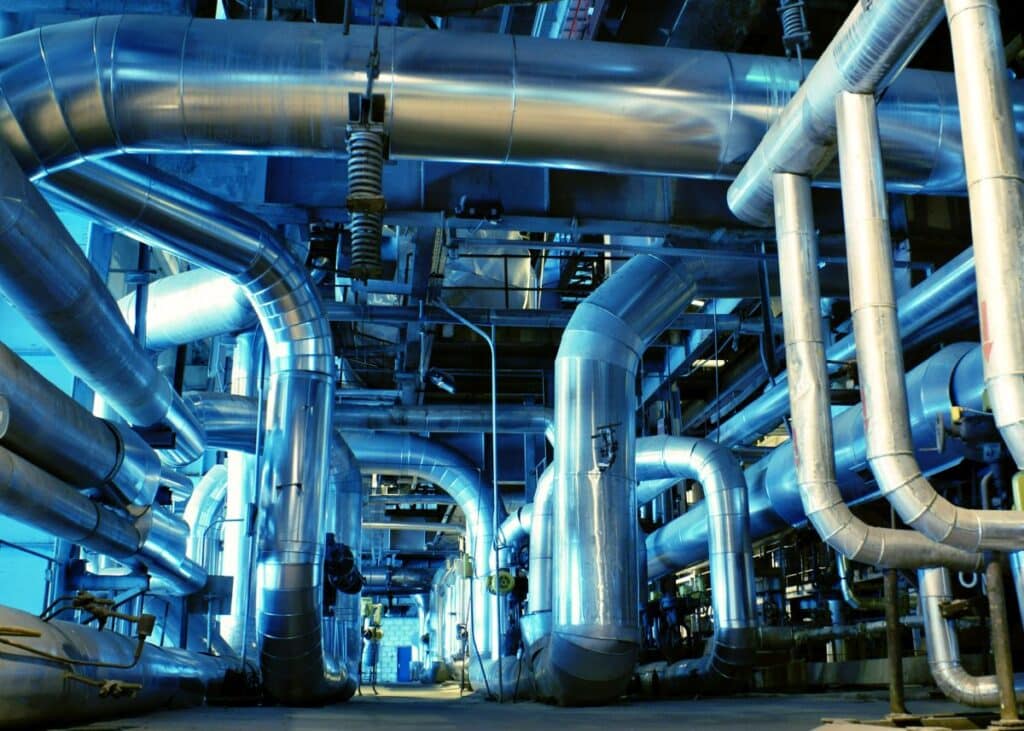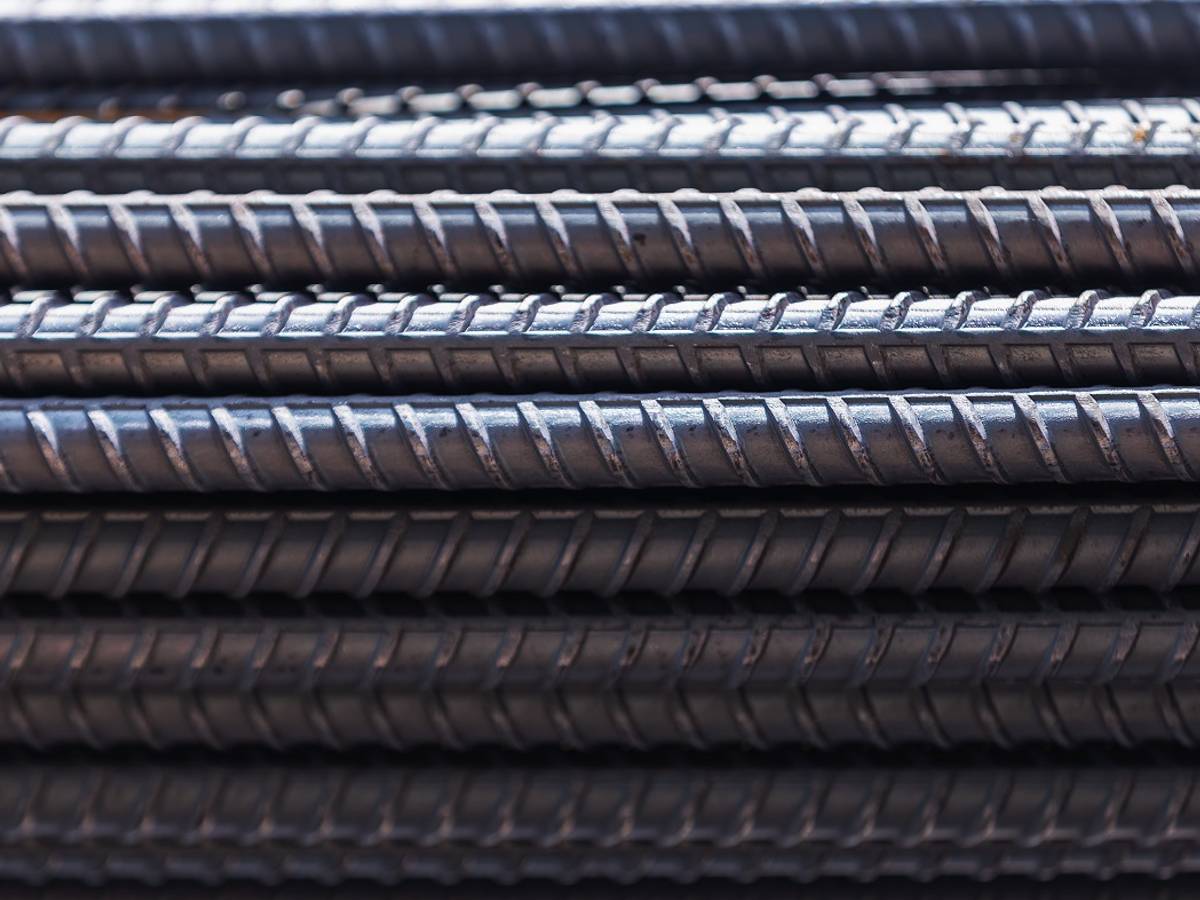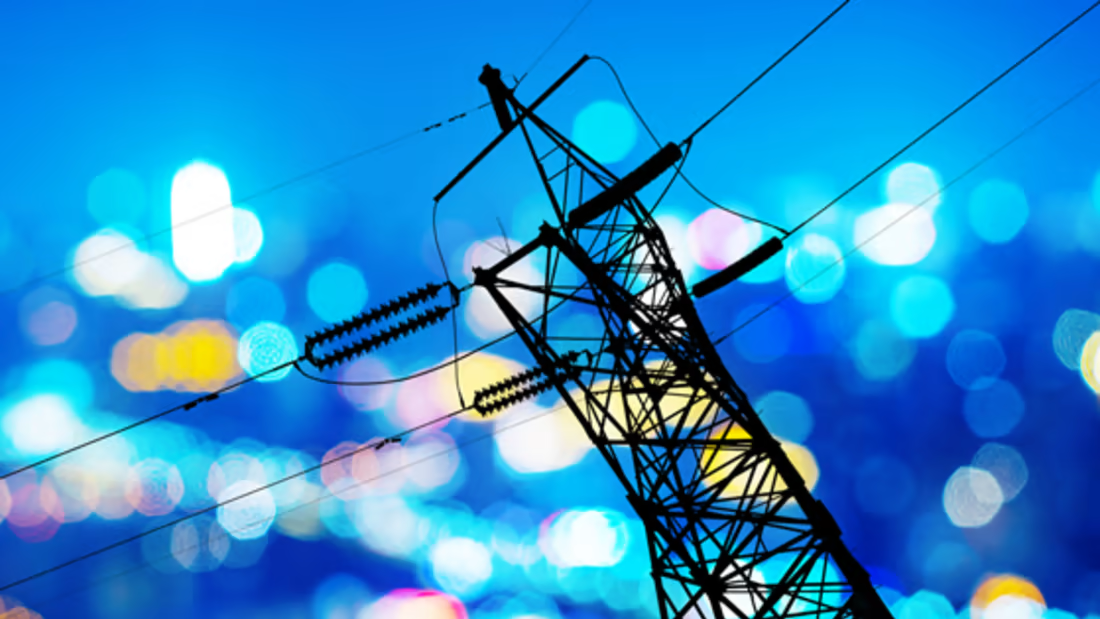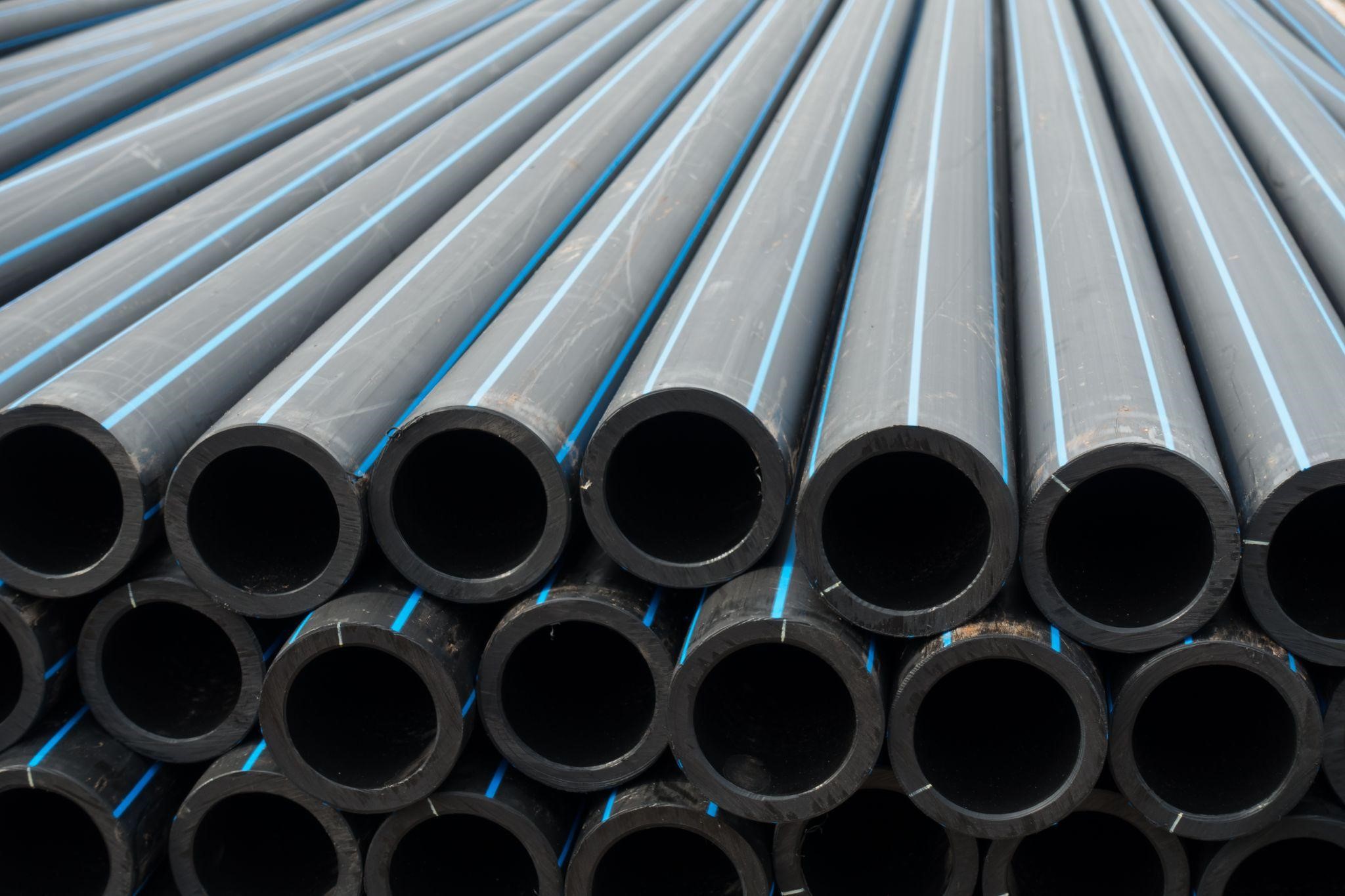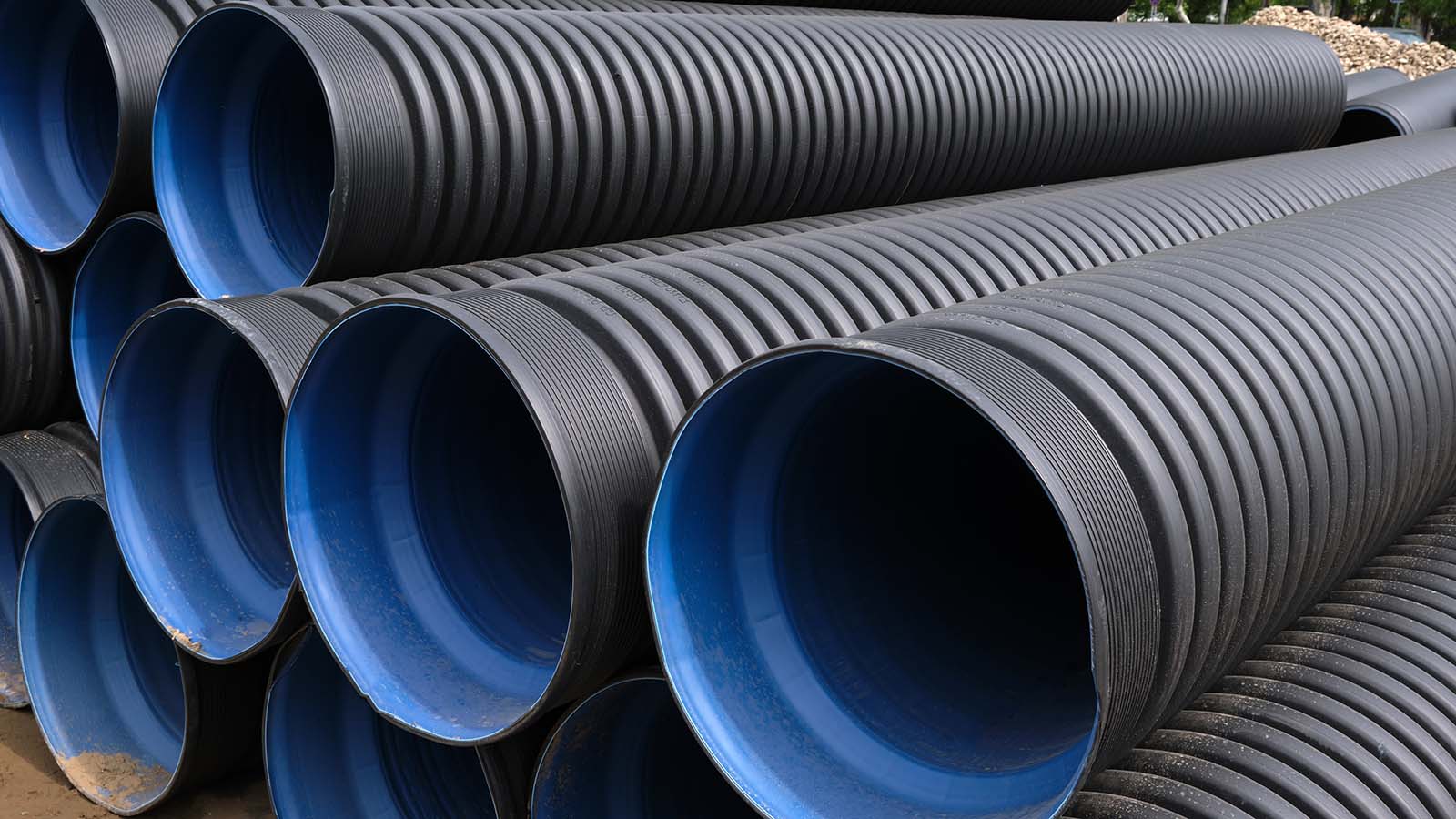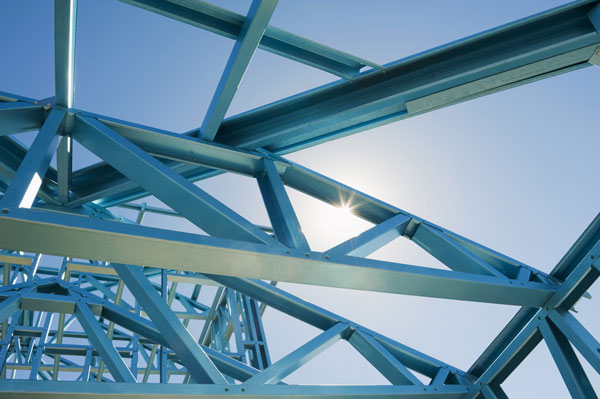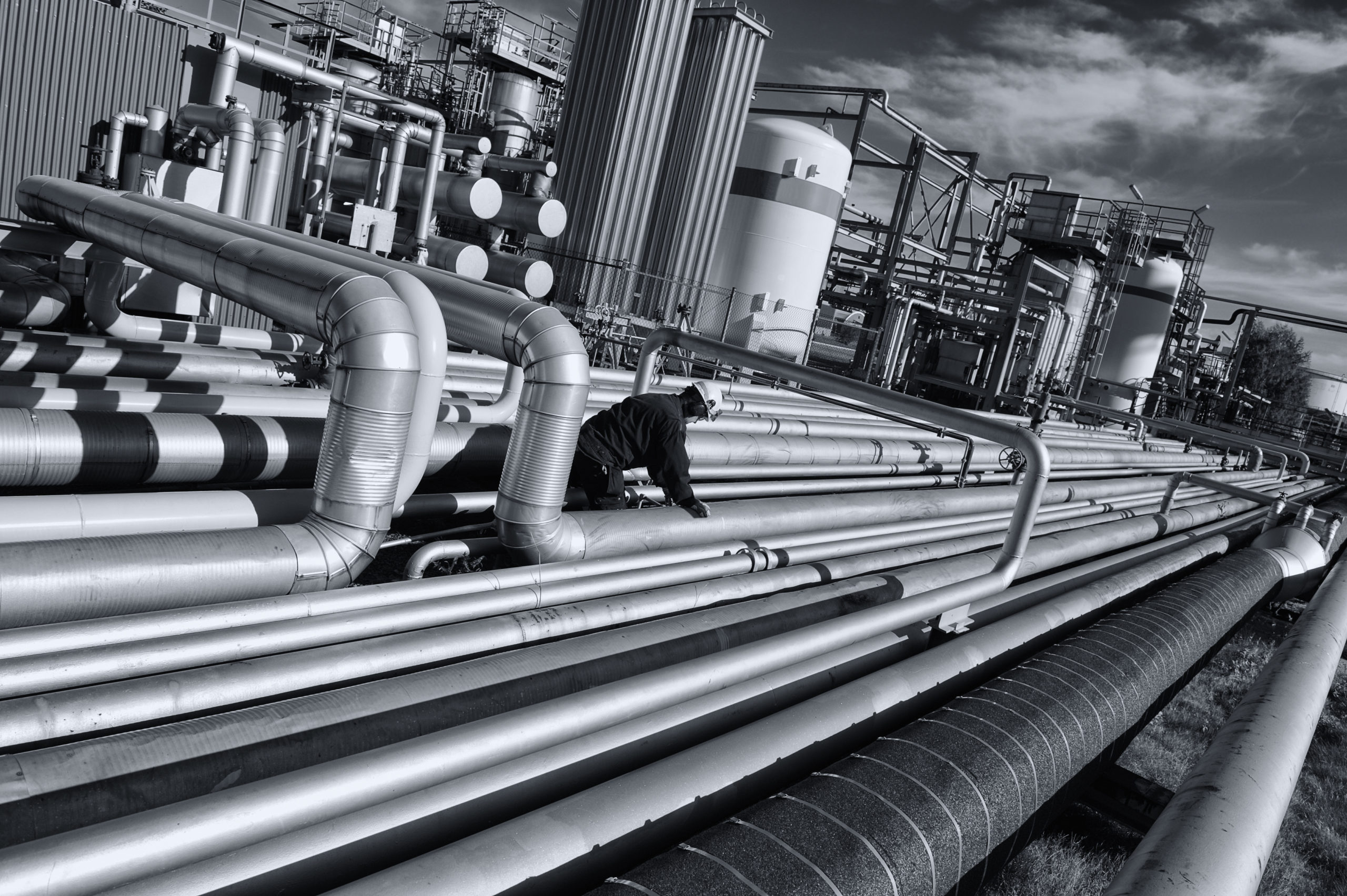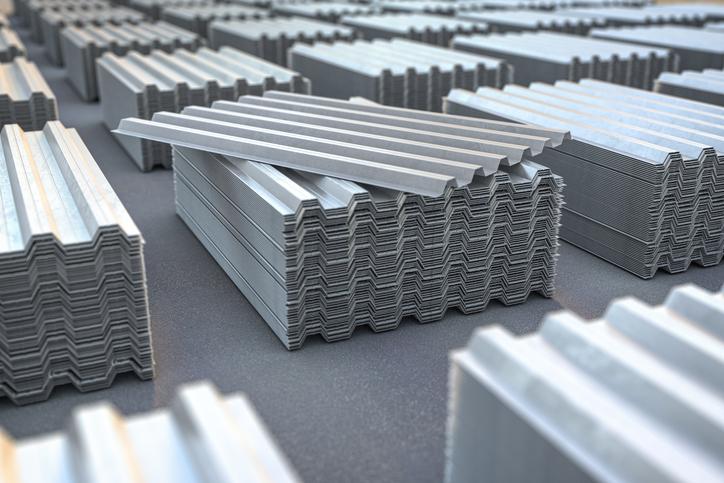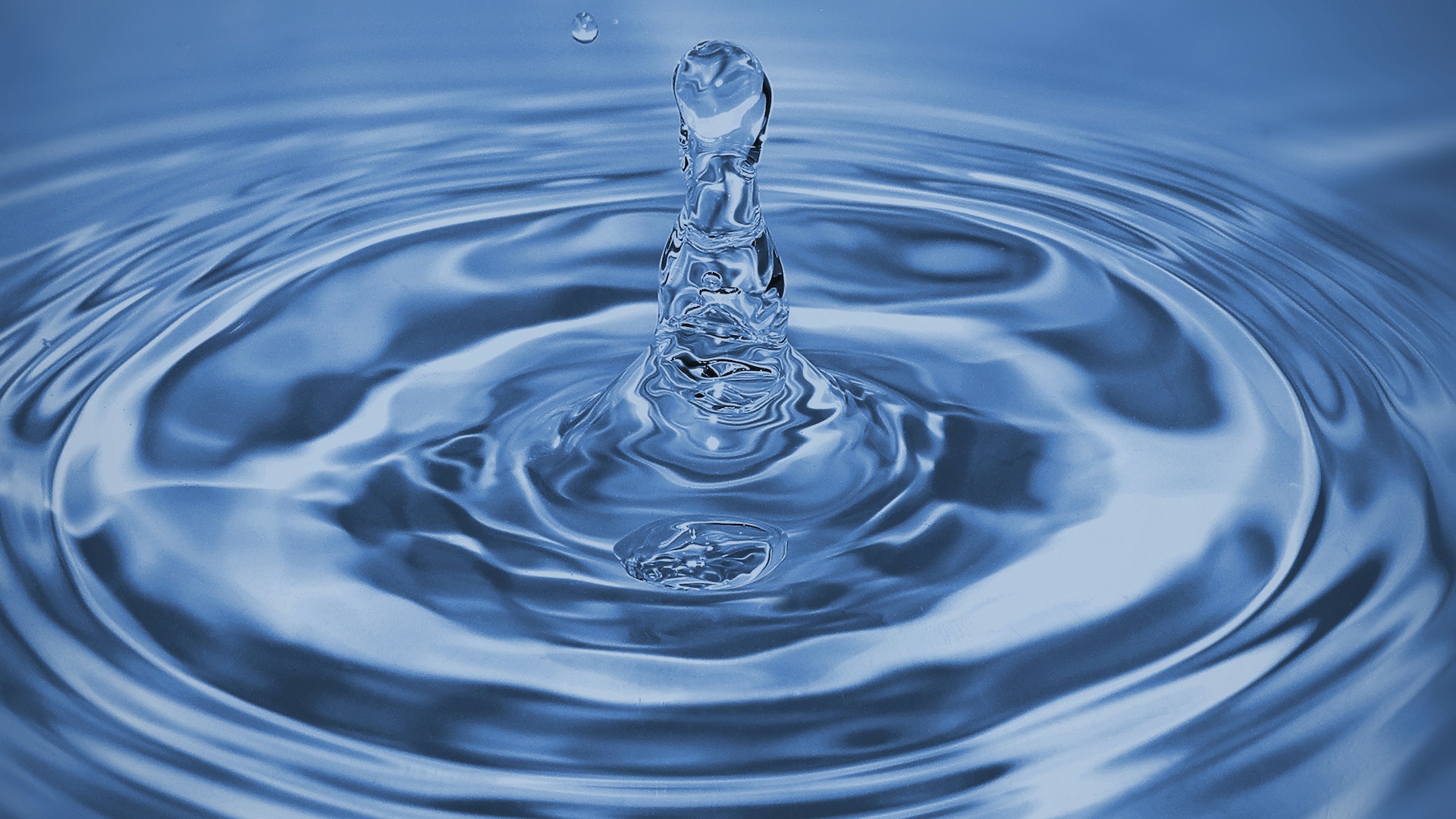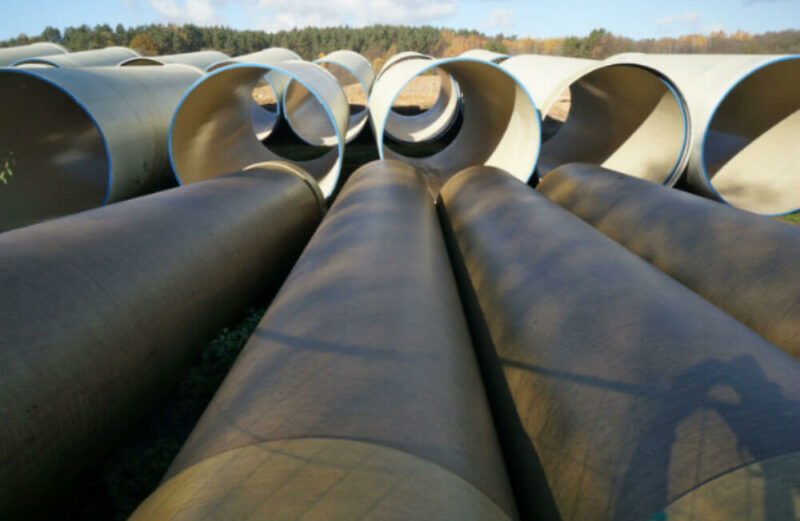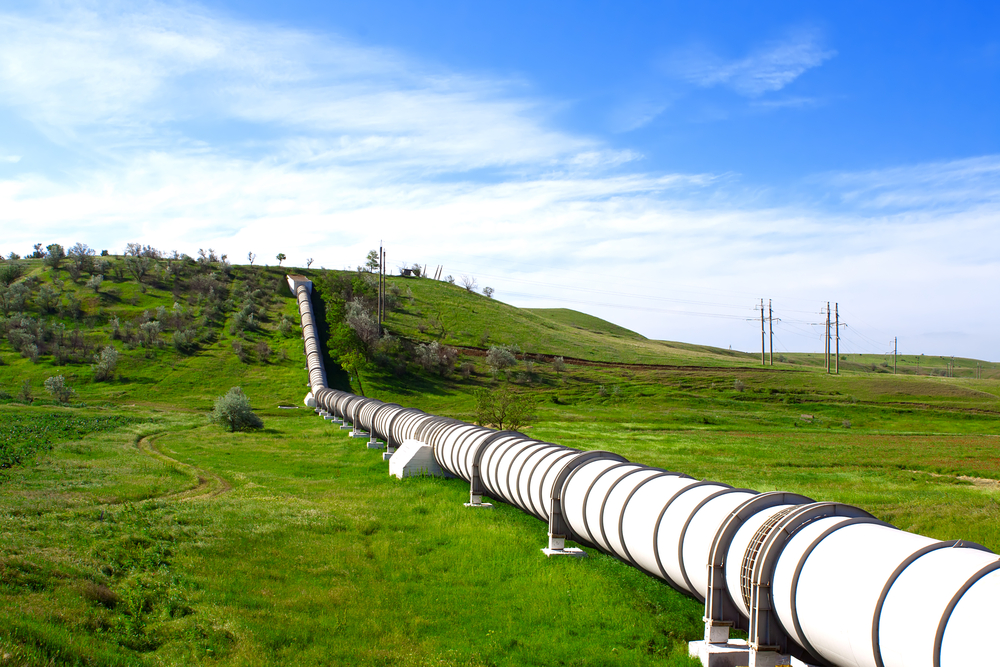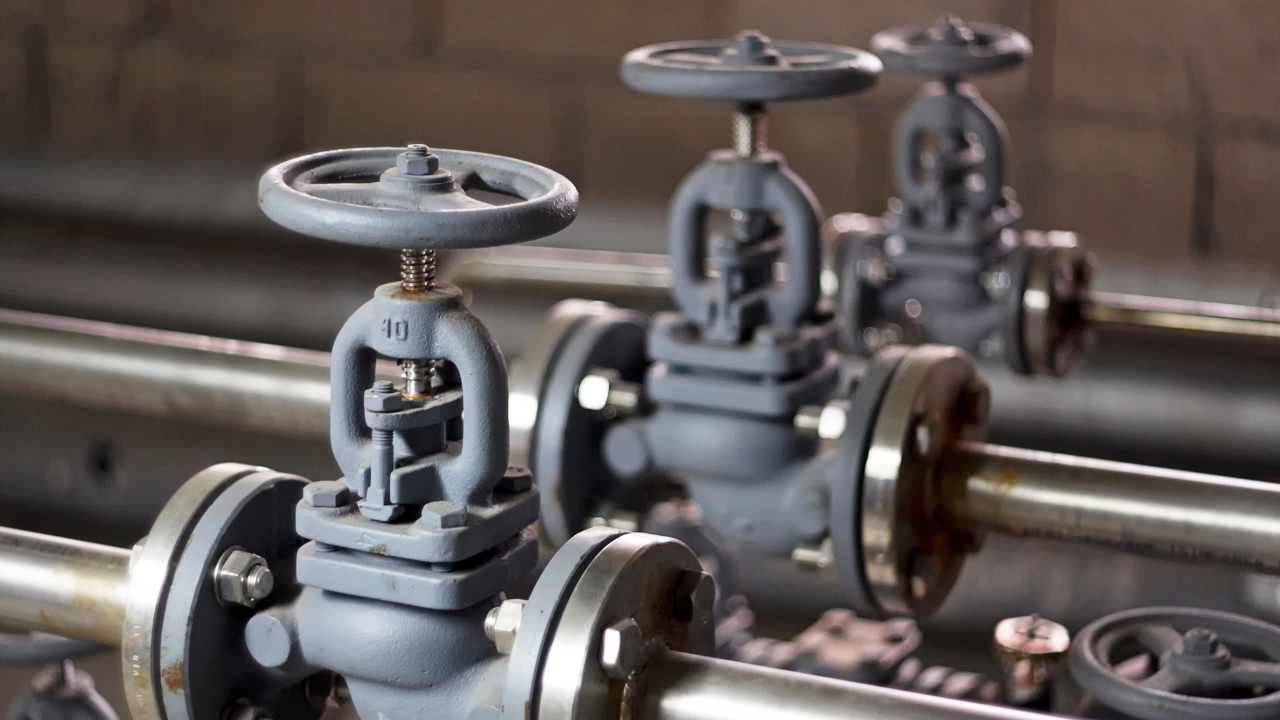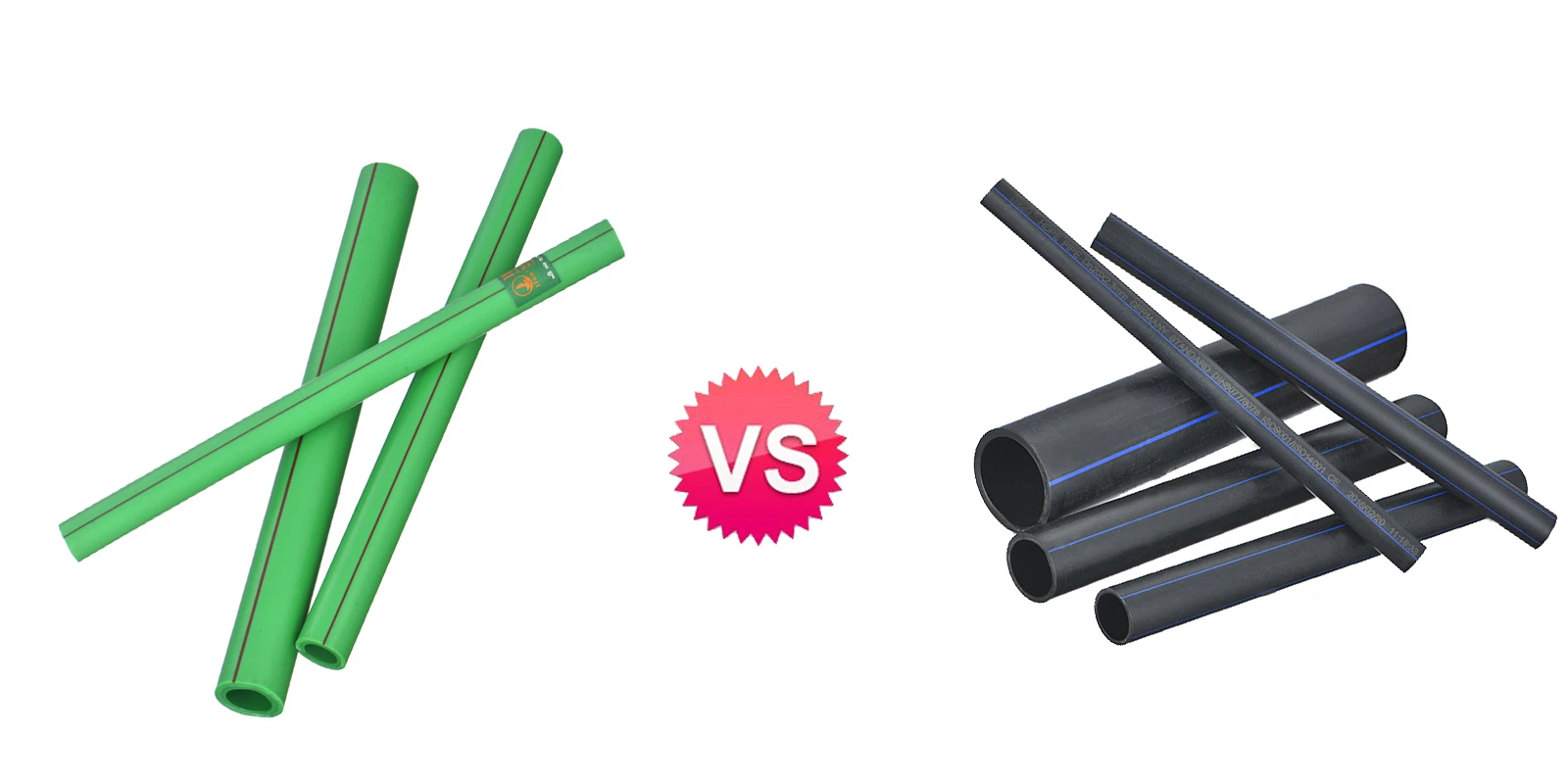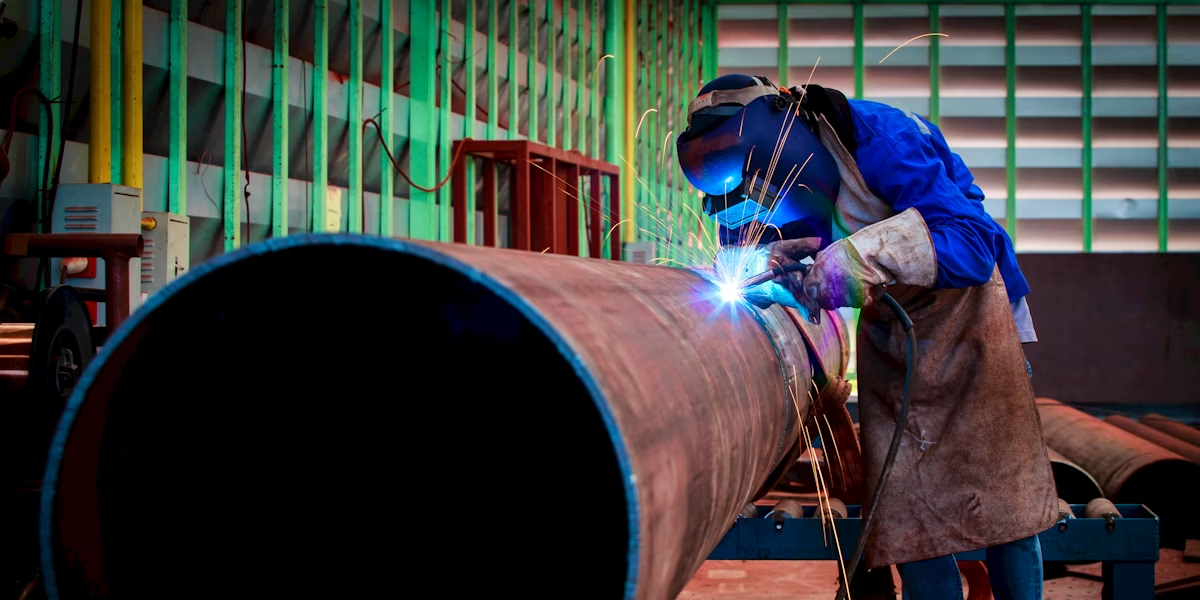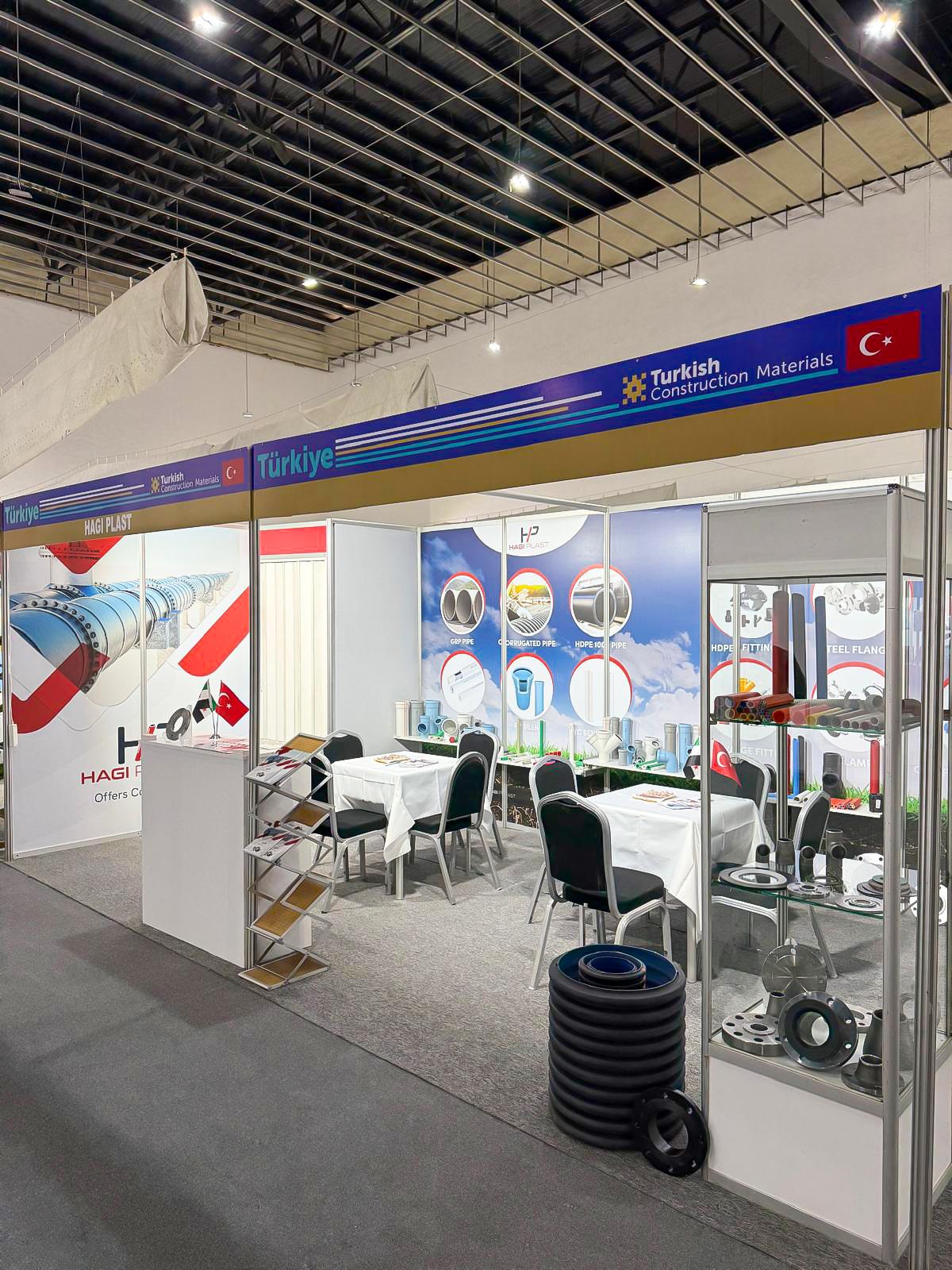
- Home
- Use of Pipes in the Agricultural Sector
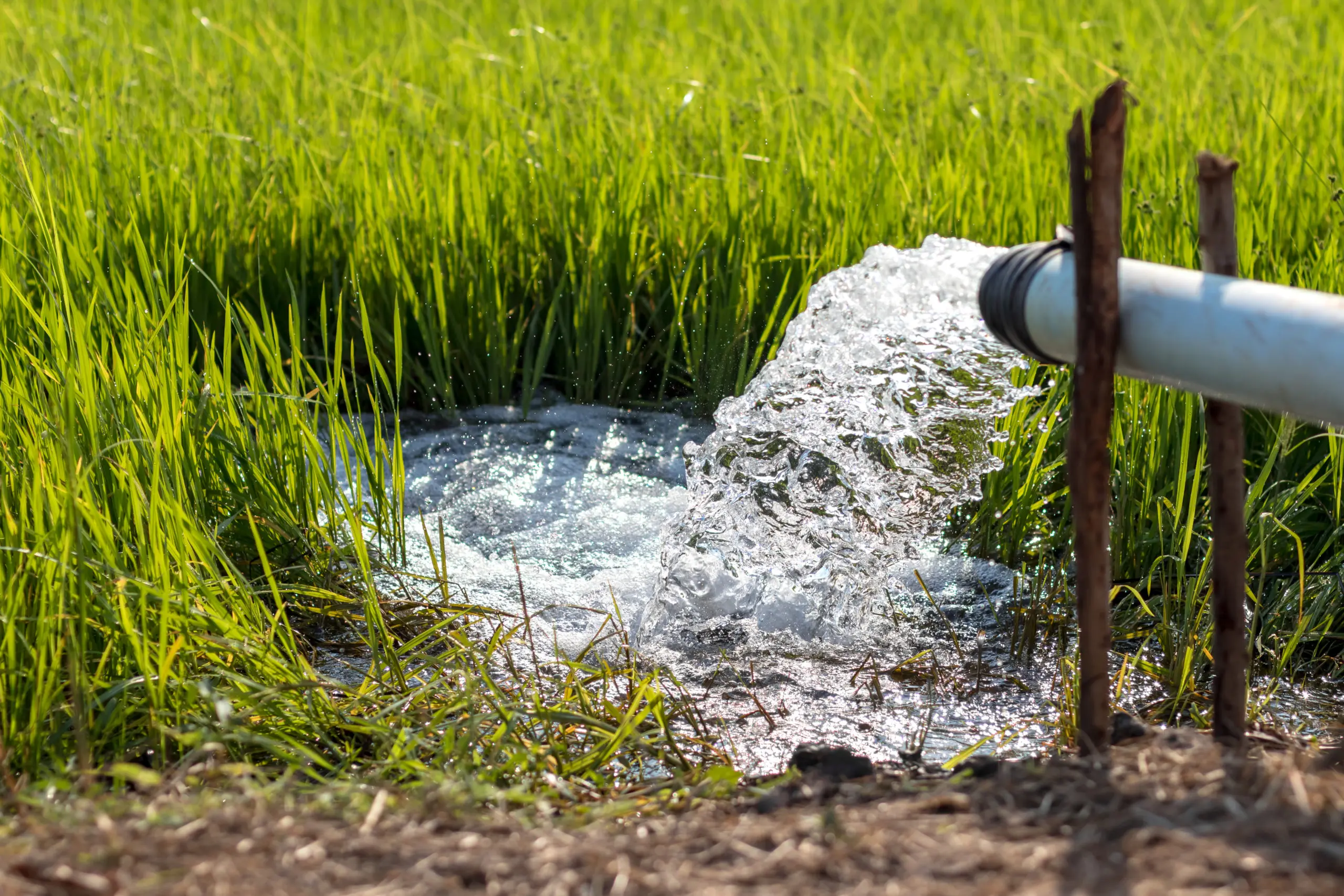
Use of Pipes in the Agricultural Sector
The agricultural sector plays an important role worldwide with its efficient and sustainable production methods. The infrastructure systems used for these production processes to continue efficiently are of great importance. Pipes are widely used in the agricultural sector, especially in irrigation systems and water supply areas. The use of pipes in agriculture plays a critical role in the correct distribution of water and the efficient use of resources. The right pipe selection and installation not only increases the efficiency of agricultural activities, but also supports environmental sustainability.
The Role of Pipes in Irrigation Systems:
Irrigation is one of the basic needs of agriculture. Pipes ensure that water is distributed properly to fields, greenhouses and different areas in irrigation systems. Pipes, especially used in drip irrigation and sprinkler systems, prevent water waste and meet the water needs of plants by ensuring that water reaches the root zone directly. The pipes used in such systems must have durable and flexible features because they must be resistant to different weather conditions and terrain conditions. In addition, the large size of agricultural areas and the fact that pipes remain underground for a long time make the durability and corrosion resistance of pipe materials important.
Water Storage and Transportation:
In the agricultural sector, efficient transportation of water is also important, especially outside of irrigation. Pipes are used for storing and transporting water before and after irrigation in agricultural lands. Pipes ensure safe management of water, especially in the processes of extracting underground water resources, storing water and transporting it to fields. Pipes must be extremely durable to avoid any leakage or loss during water transportation.
Pipe Selection in Different Agricultural Applications:
The material selection of pipes used in agriculture is also very important. Materials such as polyethylene (PE), polypropylene (PPR) and PVC are frequently preferred pipe types in irrigation systems. PE pipes are widely used especially in irrigation areas due to their low cost and high durability. PVC pipes, on the other hand, are less flexible and are generally preferred in irrigation systems that require less deformation. The material and durability properties of the pipes are determined according to the area of use. For example, PPR pipes are preferred in the transportation of hot water, while PE pipes are preferred in underground irrigation systems.
Efficient Water Use and Environmental Sustainability:
Efficient use of water resources in agriculture is of great importance. Pipes minimize water loss by ensuring efficient use of water. This increases sustainability in agricultural production. In addition, using the right pipe systems helps minimize environmental impacts. The durability and longevity of pipes reduce the need for maintenance and repair, thus minimizing negative impacts on the environment.
In the agricultural sector, pipes fulfill critical functions such as efficient use of water, irrigation of plants and transportation of water. The right choice of pipes directly affects the efficiency of agricultural production and environmental sustainability. The quality and durability of pipe systems play a very important role in irrigation efficiency and conservation of resources.
News
Let You Be the First to Know about Our News and Announcements.
Your Email Address

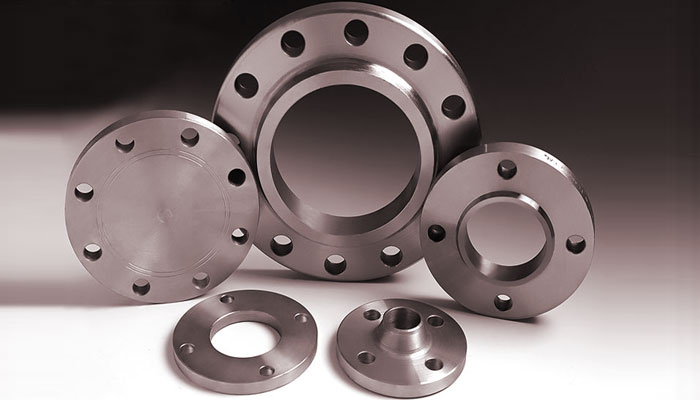
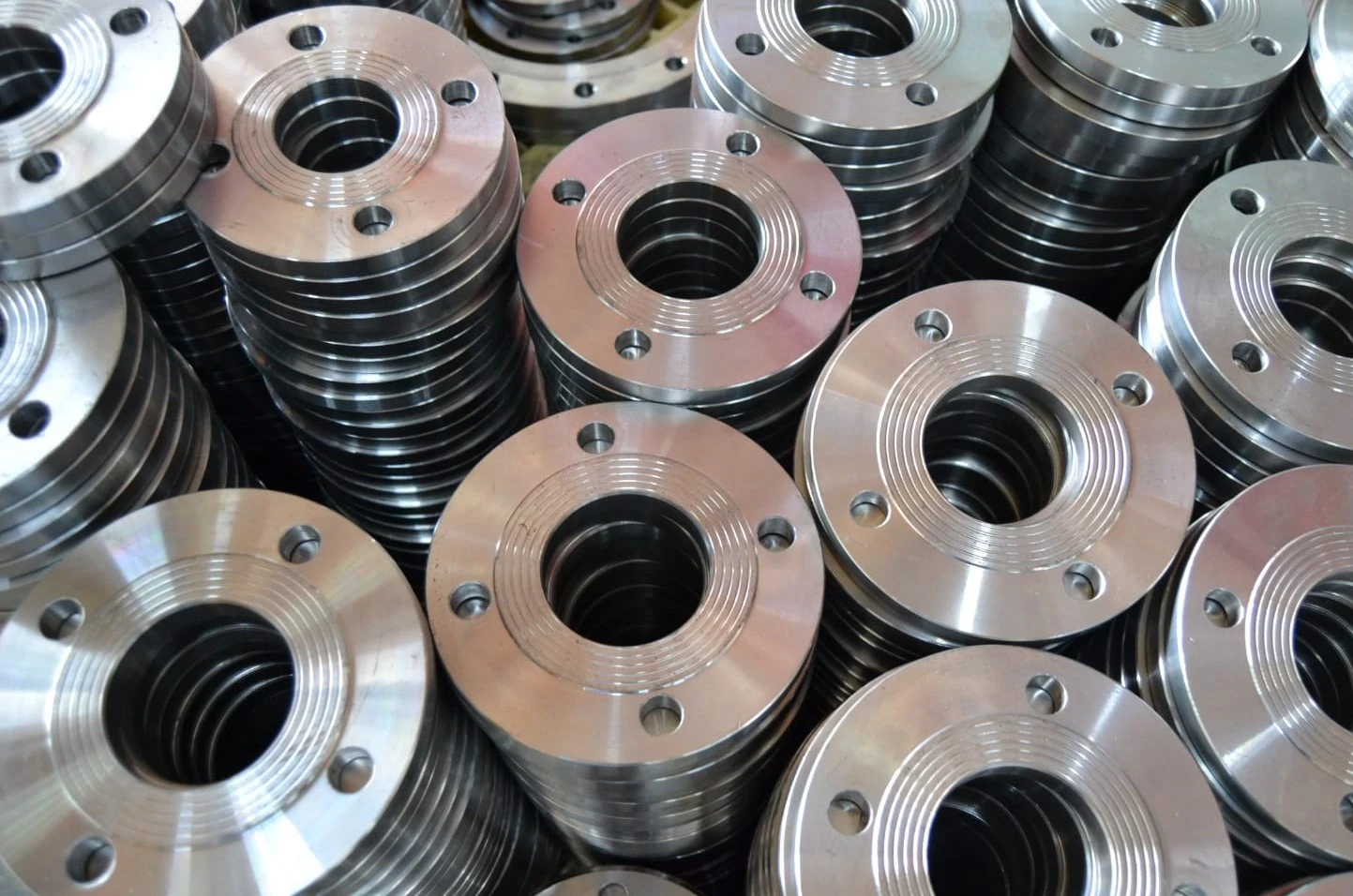
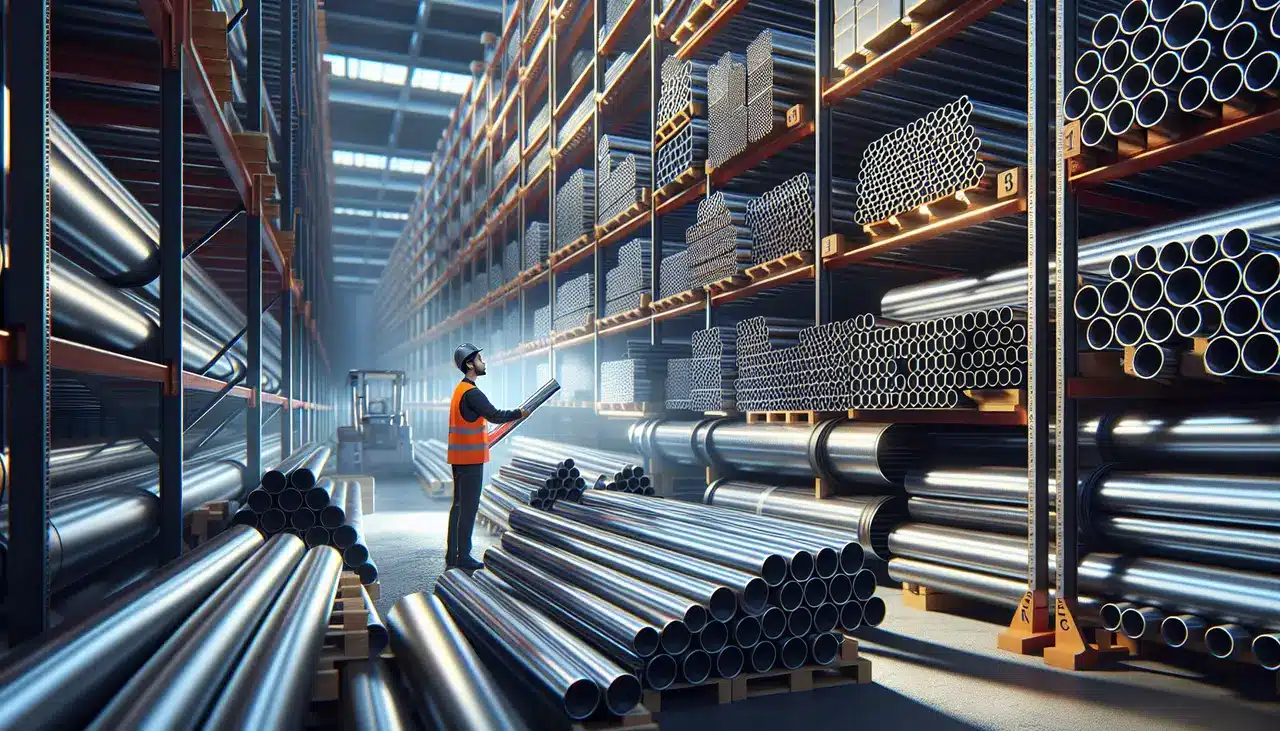
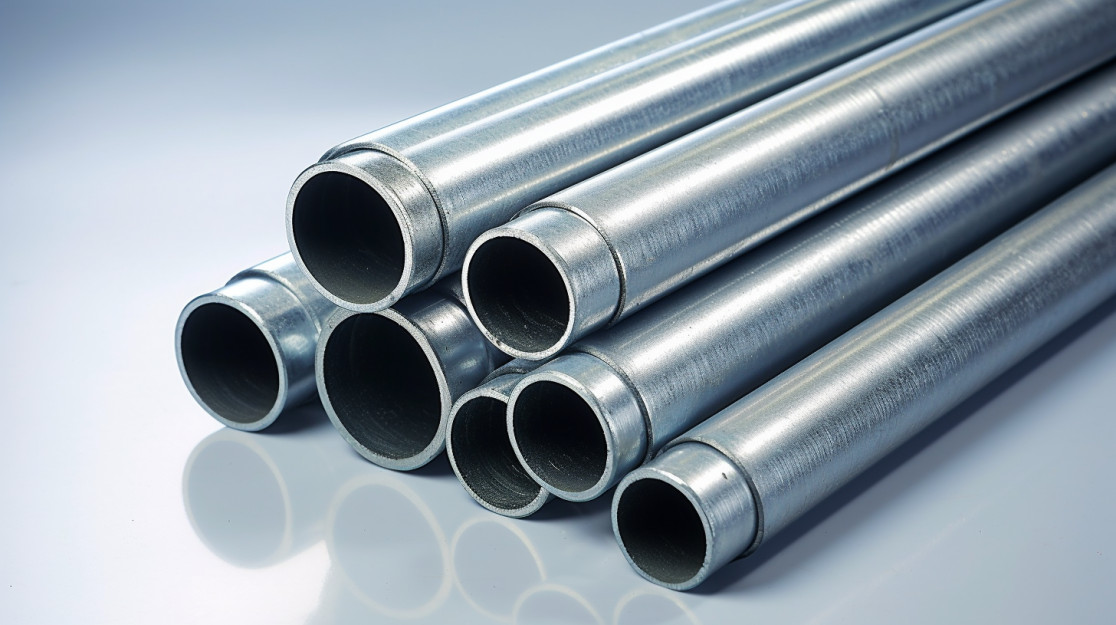
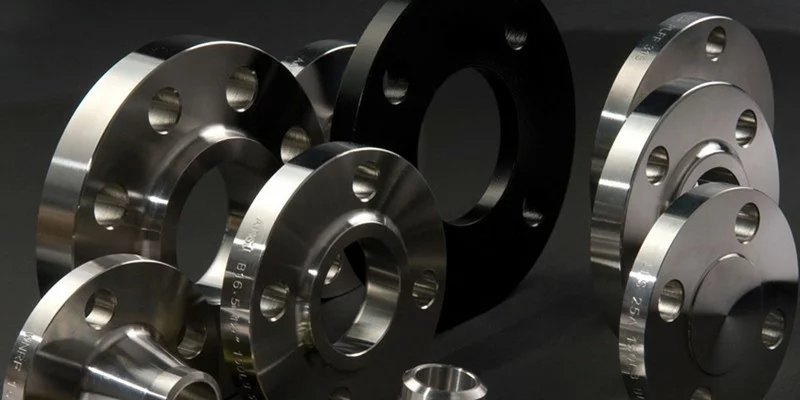
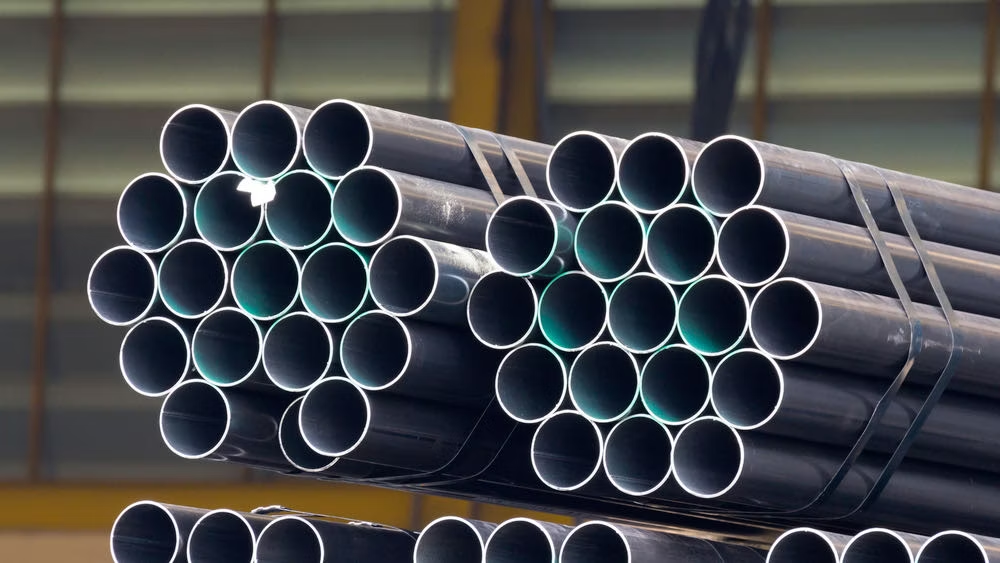

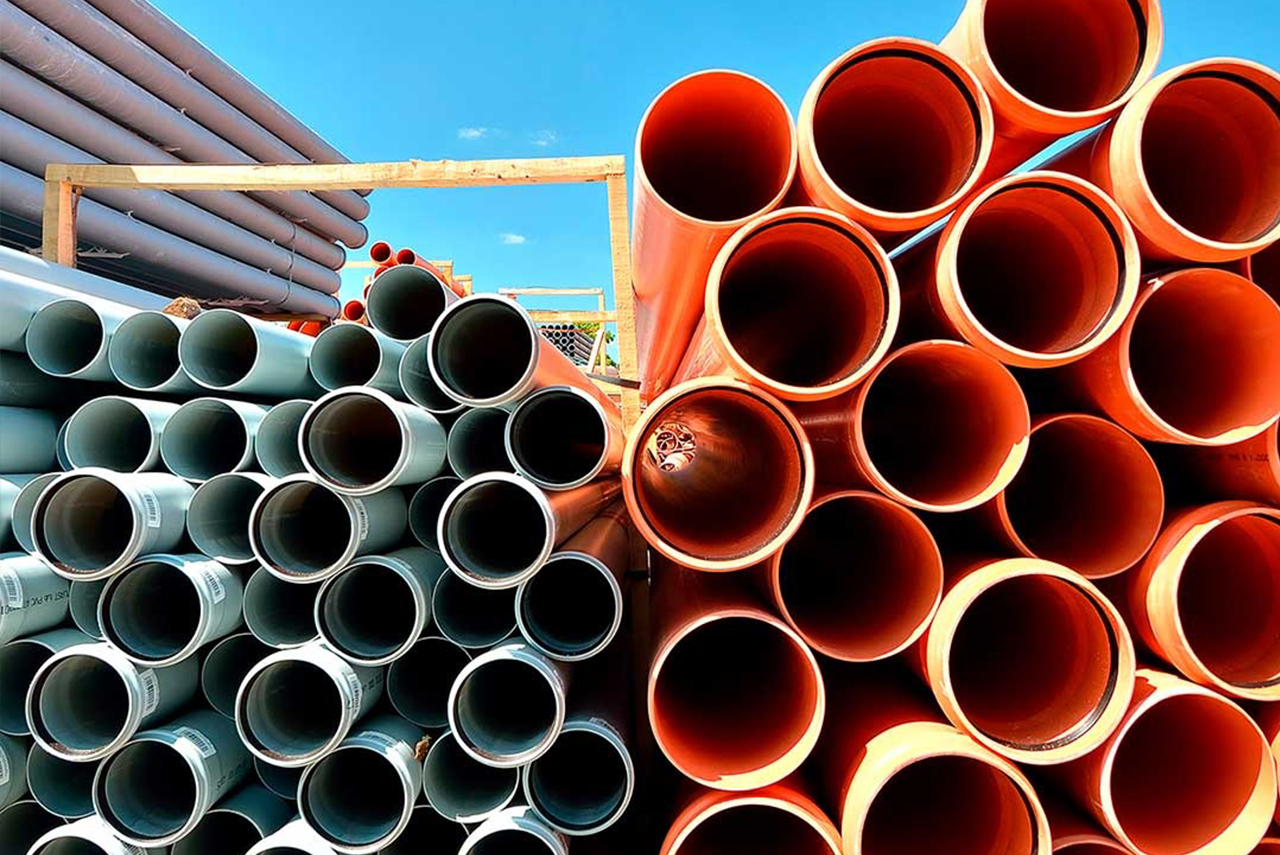
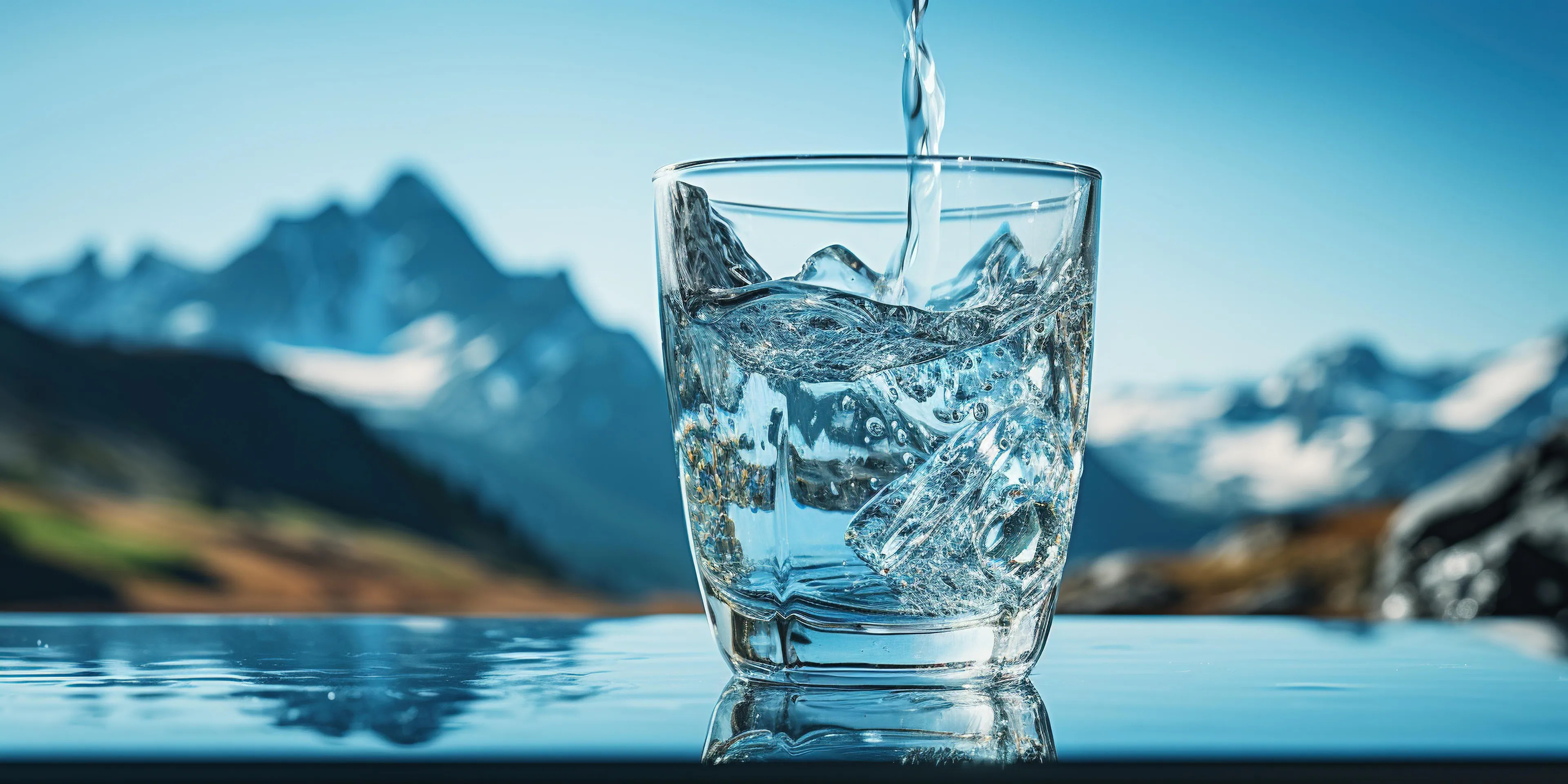
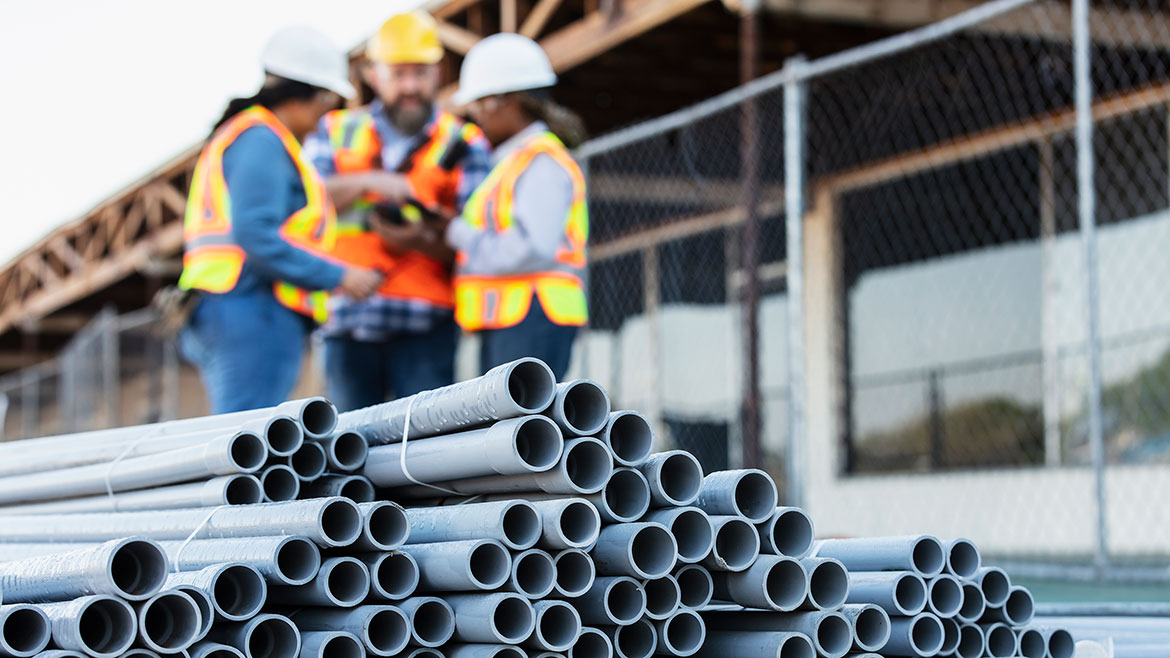


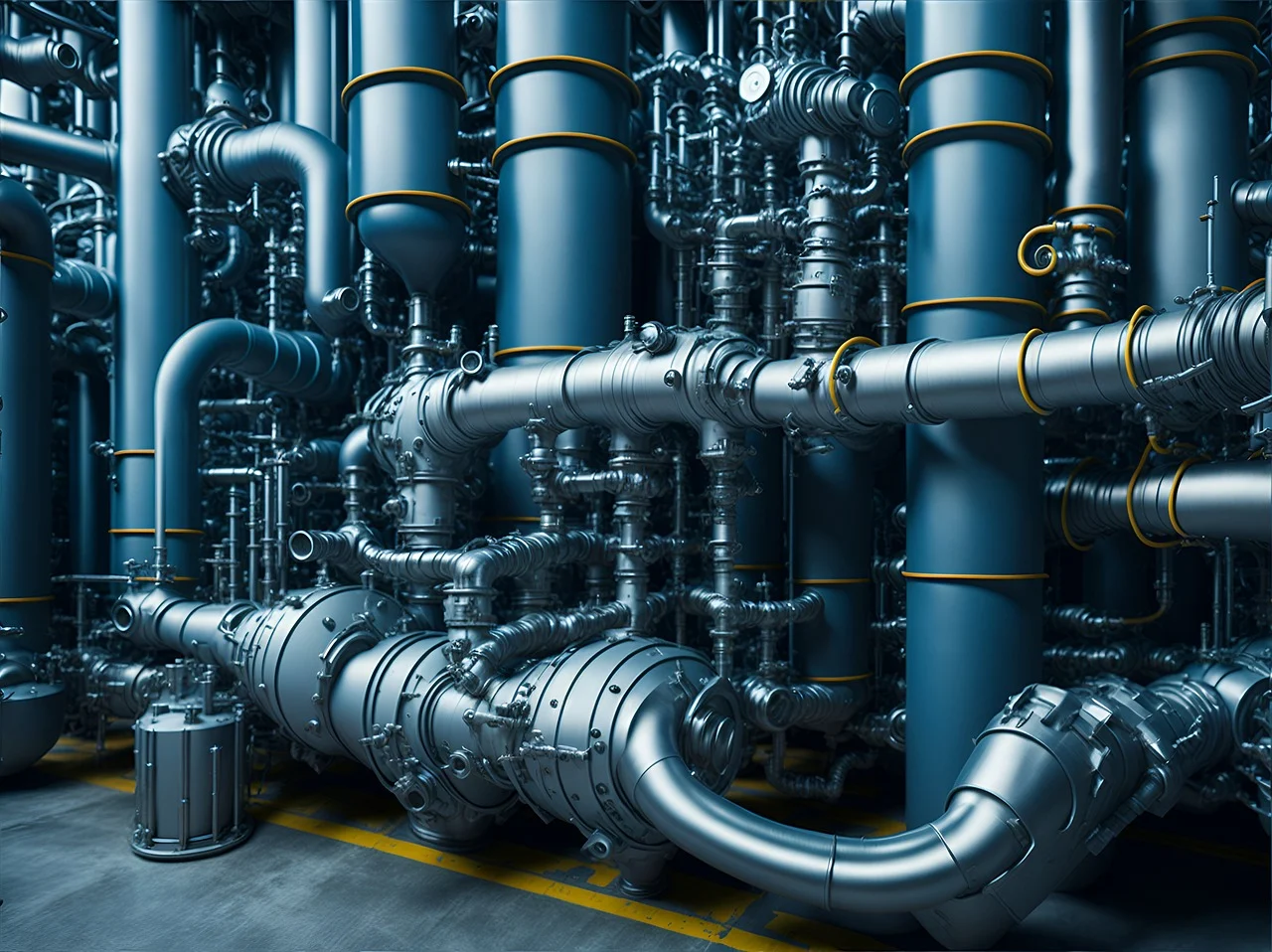
.jpg)
